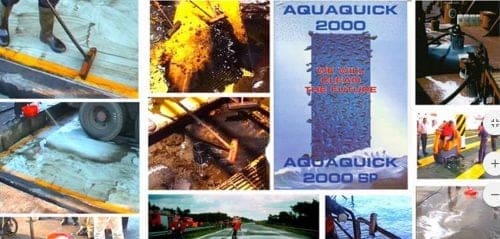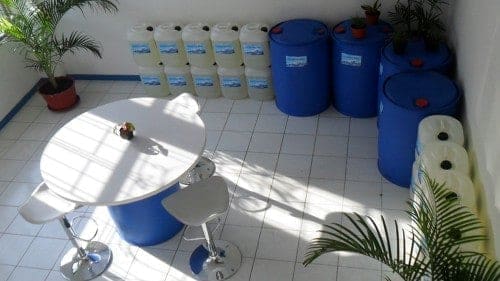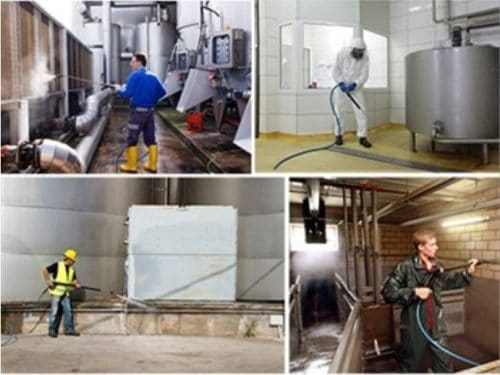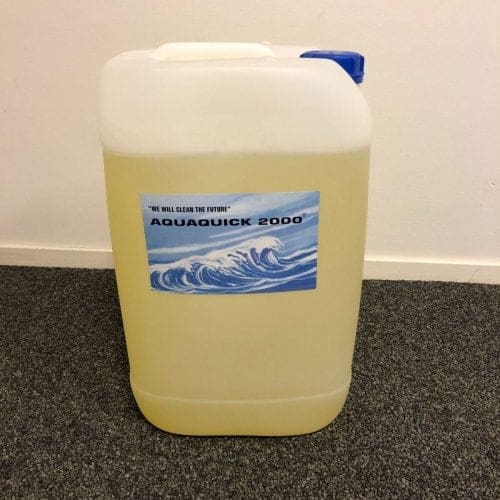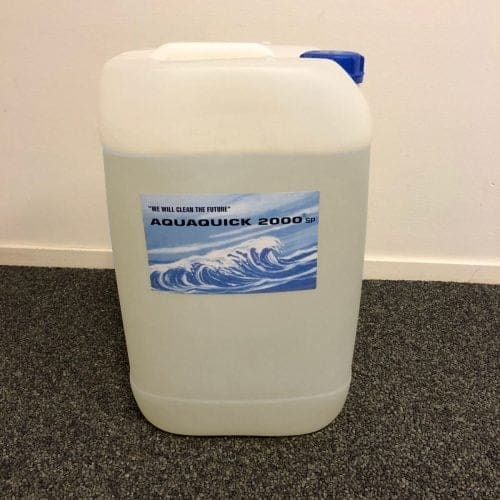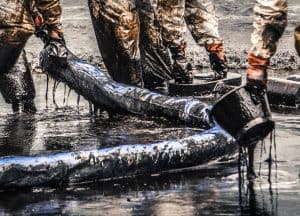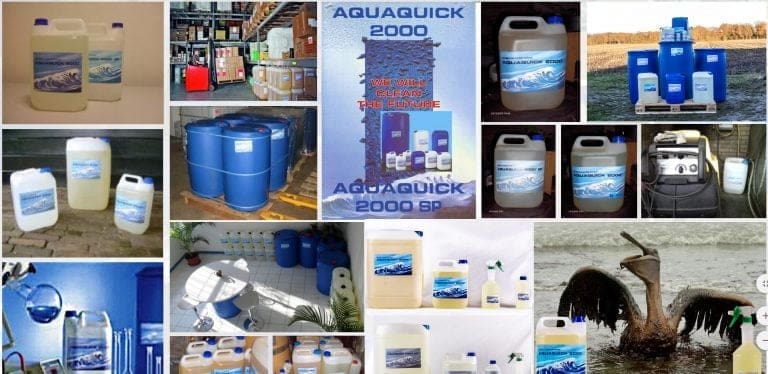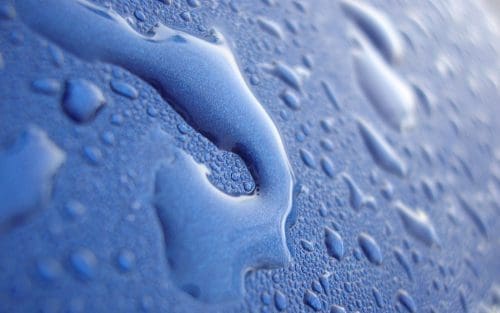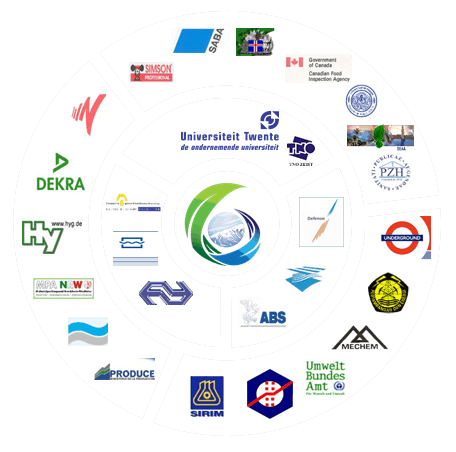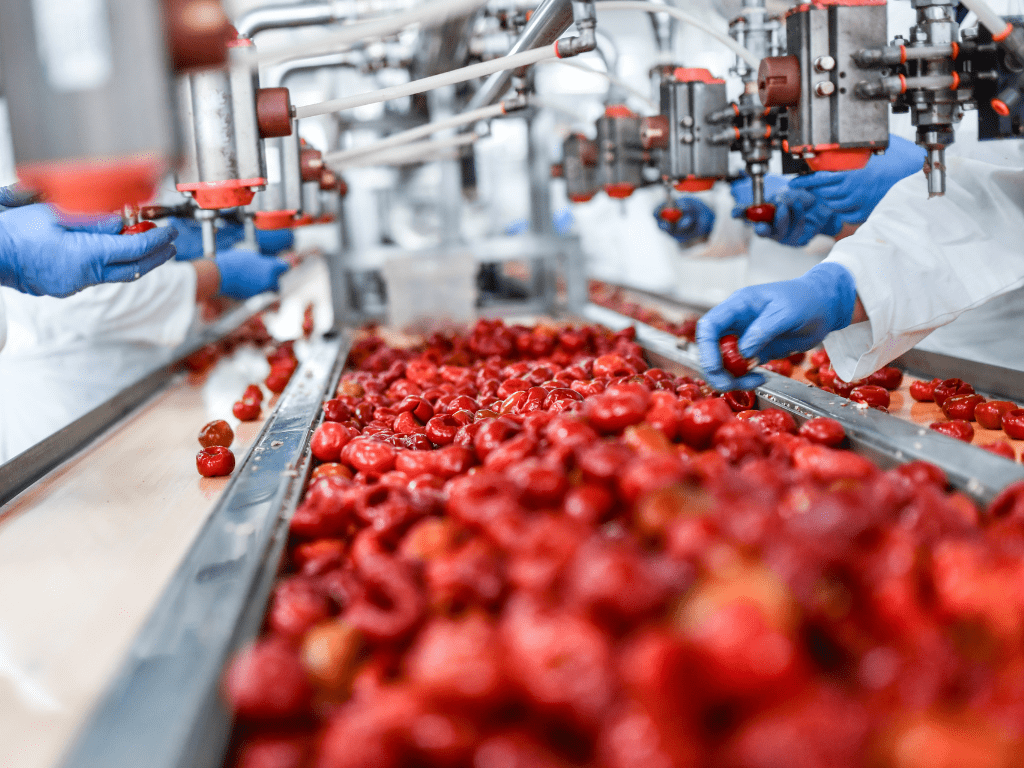Food processing plants must maintain the highest levels of hygiene to ensure food safety, prevent contamination, and comply with regulatory standards. Traditional cleaning agents often contain harsh chemicals that can leave toxic residues, posing risks to both consumers and workers. This is why many industries are shifting towards non-toxic cleaners as a safer and more sustainable alternative. In this article, we will explore how food processing plants can maintain hygiene with non-toxic cleaners, their benefits, and how to implement them effectively.
Why Hygiene is Crucial in Food Processing Plants
Ensuring proper hygiene in food processing plants is essential to prevent contamination, maintain product quality, and adhere to industry regulations. Without strict sanitation measures, bacteria and harmful pathogens can spread, leading to foodborne illnesses and product recalls. Implementing effective cleaning protocols can help businesses maintain a safe and healthy food production environment.
Maintaining cleanliness in food processing plants is not just a regulatory requirement but a fundamental aspect of food safety. Contaminants, bacteria, and residues can lead to foodborne illnesses, recalls, and legal repercussions. Proper hygiene measures help in:
- Preventing cross-contamination between different food products.
- Reducing the risk of foodborne diseases.
- Ensuring compliance with food safety regulations such as FDA and HACCP.
- Extending the shelf life of food products.
- Creating a safe working environment for employees.
The Importance of Using Non-Toxic Cleaners in Food Processing Plants
Switching to non-toxic cleaners is becoming increasingly important in the food industry. These cleaners eliminate the risks associated with chemical residues while providing a safe and eco-friendly cleaning solution. By using non-toxic alternatives, food processing plants can protect consumers, employees, and the environment without compromising on hygiene and sanitation.
Eliminating Harmful Chemical Residues
Many conventional cleaning products contain harsh chemicals like ammonia, chlorine, and phosphates. These substances can leave behind toxic residues that may contaminate food products. Non-toxic cleaners offer an effective way to clean food processing equipment and surfaces without introducing harmful chemicals.
Protecting Worker Health and Safety
Employees working in food processing plants are frequently exposed to cleaning agents. Harsh chemicals can cause respiratory problems, skin irritation, and long-term health risks. Switching to non-toxic cleaners creates a safer workplace by minimizing exposure to hazardous substances.
Enhancing Environmental Sustainability
Food processing plants generate a significant amount of wastewater. Using non-toxic cleaners reduces pollution and helps businesses meet environmental regulations. Many eco-friendly cleaning solutions are biodegradable, non-corrosive, and safe for wastewater systems.
Key Areas That Require Hygiene Maintenance
Different areas in a food processing plant require specialized cleaning methods to ensure thorough sanitation. From machinery and storage units to employee hygiene stations, each section plays a vital role in maintaining cleanliness. Proper use of non-toxic cleaners in these areas can help prevent cross-contamination and ensure food safety.
Processing Equipment
Food processing machines, conveyor belts, and packaging units come in direct contact with food. These surfaces must be cleaned and sanitized regularly using non-toxic cleaners to remove residues and prevent bacterial growth.
Floors and Walls
Floors and walls in food processing plants can accumulate grease, spills, and food particles. Regular cleaning with non-toxic cleaners ensures a hygienic environment and reduces the risk of pest infestations.
Storage and Refrigeration Units
Cold storage and refrigeration units must be sanitized to prevent mold and bacteria buildup. Using non-toxic cleaners ensures food safety while avoiding contamination from chemical residues.
Employee Hygiene Stations
Handwashing stations, break rooms, and restrooms should be cleaned with non-toxic cleaners to maintain a germ-free environment and prevent the spread of contaminants.
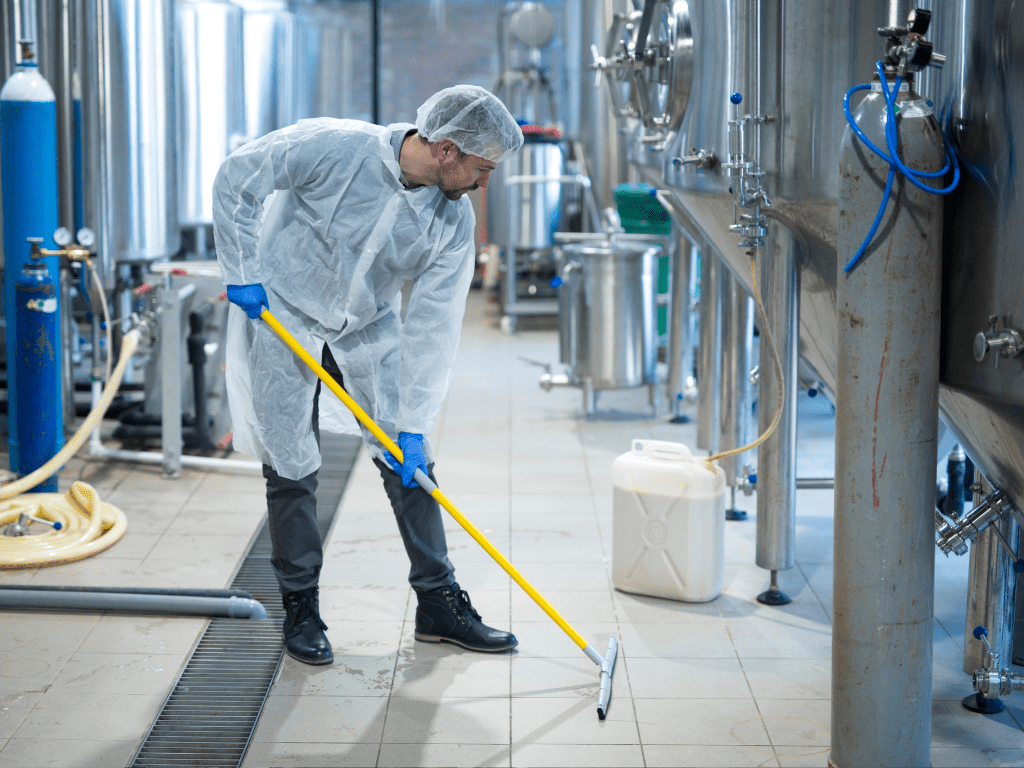
Implementing a Non-Toxic Cleaning Routine
Establishing a structured cleaning routine is key to maintaining hygiene in food processing plants. A step-by-step approach, combined with the right cleaning products, ensures that all surfaces remain free from bacteria, grease, and residues. Adopting a non-toxic cleaning routine minimizes health risks and supports compliance with industry regulations.
Step 1: Assess Cleaning Needs
Every food processing plant has unique cleaning requirements. Conducting a hygiene assessment helps identify critical areas that need regular cleaning and determine the best non-toxic cleaners for each surface.
Step 2: Choose the Right Non-Toxic Cleaners
When selecting non-toxic cleaners, look for products that are:
- Free from harsh chemicals and artificial fragrances.
- FDA and EPA-approved for food contact surfaces.
- Biodegradable and eco-friendly.
- Effective against grease, bacteria, and organic residues.
AQUAQUICK 2000 is a powerful non-toxic cleaner designed for industrial use, making it an ideal choice for food processing plants. It effectively removes grease, oil, and organic residues while being safe for food-contact surfaces and the environment.
Step 3: Train Employees on Proper Usage
Providing training to employees ensures they use non-toxic cleaners correctly and follow proper cleaning protocols. Training should cover:
- Correct dilution and application methods.
- Safety precautions for handling cleaning products.
- Frequency of cleaning and sanitation procedures.
Step 4: Establish a Cleaning Schedule
A structured cleaning schedule helps maintain hygiene consistency. Different areas may require daily, weekly, or monthly deep cleaning. Using non-toxic cleaners regularly ensures that surfaces remain free from contamination.
Step 5: Monitor and Improve Cleaning Practices
Regular audits and monitoring help assess the effectiveness of cleaning protocols. Food processing plants should track hygiene performance and make necessary improvements to maintain high standards.
Advantages of Switching to Non-Toxic Cleaners
Transitioning to non-toxic cleaners offers numerous benefits beyond safety and hygiene. These cleaners help businesses comply with regulatory standards, reduce long-term costs, and enhance overall product quality. Moreover, they support a sustainable approach to food processing, aligning with consumer preferences for eco-friendly practices.
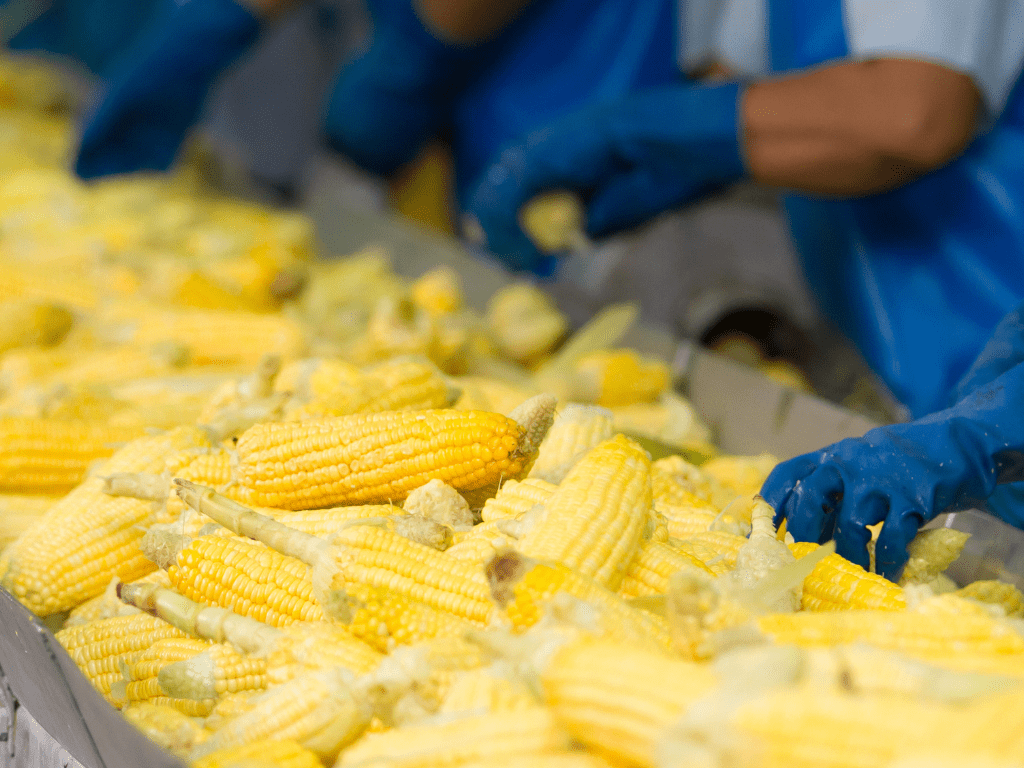
Compliance with Food Safety Regulations
Many regulatory bodies, including the FDA and USDA, encourage the use of non-toxic cleaners to prevent chemical contamination in food products. Using eco-friendly cleaning solutions ensures compliance with hygiene standards.
Cost Savings in the Long Run
Although non-toxic cleaners may have a higher initial cost, they help reduce expenses in the long run by minimizing worker health risks, decreasing liability, and lowering waste disposal costs.
Improved Product Quality
Using non-toxic cleaners eliminates the risk of chemical residues affecting the taste, texture, and safety of food products, leading to higher-quality goods.
Enhanced Brand Reputation
Consumers are increasingly conscious of food safety and environmental sustainability. Businesses that adopt non-toxic cleaners can promote their commitment to safe and eco-friendly practices, enhancing their brand image.
Conclusion
Maintaining hygiene in food processing plants is critical for food safety, regulatory compliance, and operational efficiency. Traditional cleaning products often contain harmful chemicals that pose risks to both consumers and employees. By switching to non-toxic cleaners, food processing plants can ensure a safer environment, reduce contamination risks, and enhance sustainability efforts.
AQUAQUICK 2000 is an excellent choice for businesses looking for an effective non-toxic cleaner. It offers powerful cleaning capabilities while being safe for food-contact surfaces and the environment. Implementing a well-structured cleaning routine with non-toxic cleaners will help food processing plants maintain the highest hygiene standards and build consumer trust in their products.

